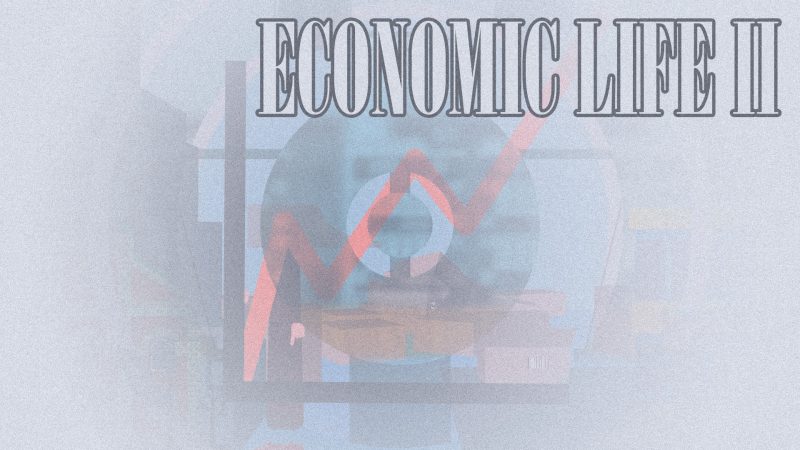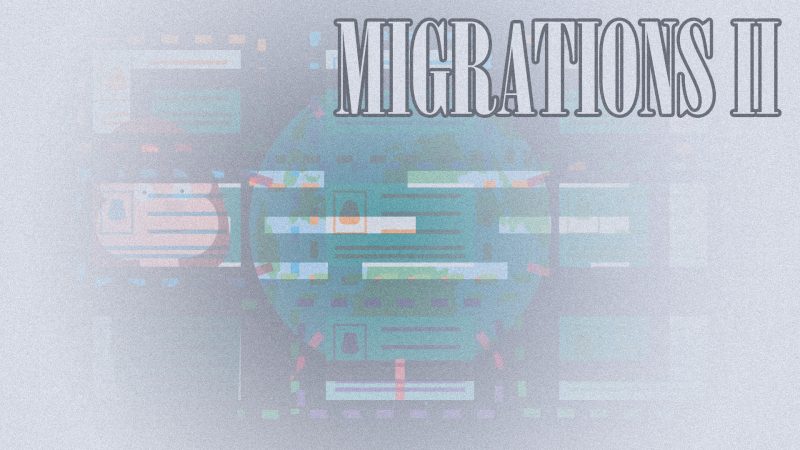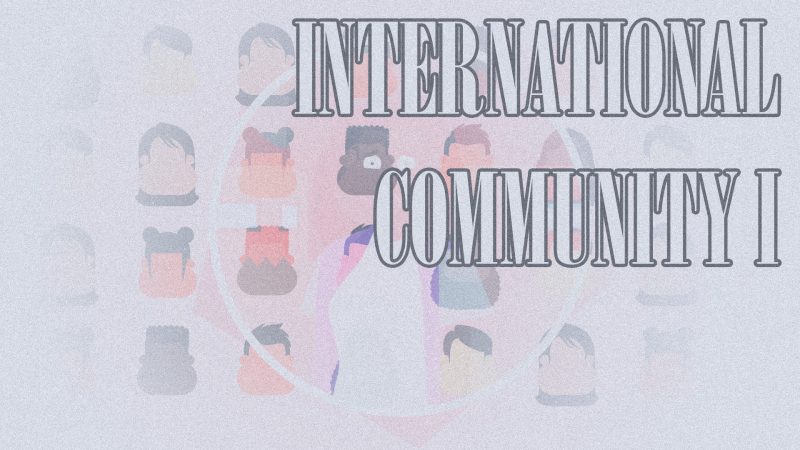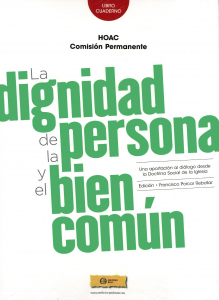The work ’s not only a mean to have incomes. The social doctrine treats the work also as a duty, a self-responsibility and a responsibility with the neighbor. We must contribute with own work to both familiar and social life because it is an essential way of mutual service. It is a way humanization and self-fulfillment.
The work is an essential right of people. It is a good thing for everyone and everyone has the right to have a job. It is an injustice to deprive people of their right to work because this is a way of economic impoverishment and a mutilation of the human being. It means to deprive humans of a tool needed to self-fulfill.
At the same time, the work is a source of rights for the person who works. The value of the person is infinitely greater than every other element of the production, which are no more than things. This way, the social doctrine defends the primacy of labor over the capital, a fundamental principle.
Human work should be organized through the criteria involving workers rights, and those of their families. And also the conditions in which that work is made and, in fact, the whole economy. The social doctrine emphasizes as fundamental rights of people in the work the following:
- Right to work and the right to fair remuneration.
- Right to dignified work conditions and right to safe work environments.
- Right to safeguarding one’s personality.
- Right to recess.
- Right to meet and to associate.
- Right to social benefits.
- Right to a collective negotiation of work conditions and the right to strike.
- Right to participate in enterprise property.
- Right to participate on work organization.
Those rights are linked to a responsibility: personal, social and for the state.
In our society, the work is not considered nor organized through this perspective. And because of that, the social doctrine criticizes the current work’s situation which is summarized this way:
The main mistake of capitalism has been to turn the work into a commodity. That mistake comes from a world vision presided by the economistic materialism which avoids the ethical foundations and ethical aims that has an economy serving people.
Reducing the work to a commodity, what is a principle of life becomes both a struggle and a dehumanizer mechanism.
Values are inverted, so the value of people being a subject of the work has been degraded. Work dignity has been raped.
That violation causes an alienation on human beings and the existence of impoverished people. Impoverished people often exists as a result of an exploitation of their workplace or as an exclusion on the work.
That degradation caused from the beginning of capitalism the resistance of workers to be treated as tools. It has been historically manifested as a clash between labor and capital.
That conflict continues nowadays and is manifested as the progressive implantation of a working model with high levels of structural unemployment and with the extension of job insecurity.
If we want to surpass this conflict there is just a one way: to recognize the primacy of people over things, the primacy of labor over the capital.
DSI sentence
When it is a question of establishing an ethically correct labor policy (…), a policy is correct when the objective rights of the worker are fully respected.
S. John Paul II, Laborem exercens n.17
Act
What can we do to defend both dignity and fundamental rights of the person on the work?
Download the PDF attached
Previous video:
Next video:
You Might also like
-
Economic life 2
In order to achieve an economy with a human face, it is necessary to answer some fundamental questions related to economic life through the perspective of human dignity and the common good. Why should we produce? According to the social doctrine, the goal for the economy is the satisfaction of human needs understood in its big sense: material, cultural and spiritual needs.
-
Migrations 2
Inside our society, the way to face both the migratory phenomenon and the immigration policies is greatly influenced by the image built around immigration. Instead of the conception of an universal citizenship, it prevails the thought of a national citizenship, which usually establishes differences on the recognition and exercise of rights and duties of people.
-
The international community
The development isn’t just a rightful aspiration but a right for peoples. Because of that, when we look at reality through the eyes of impoverished people we can perceive the urgency on transforming the society model because there exists a great contrast between wealth, the big scientific and technical possibilities and the impoverishment of billions of people.




